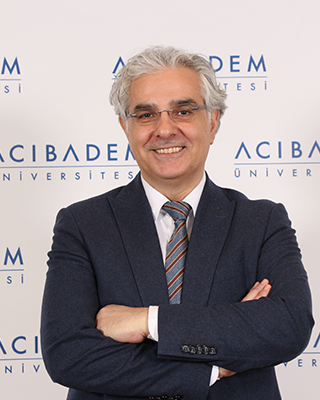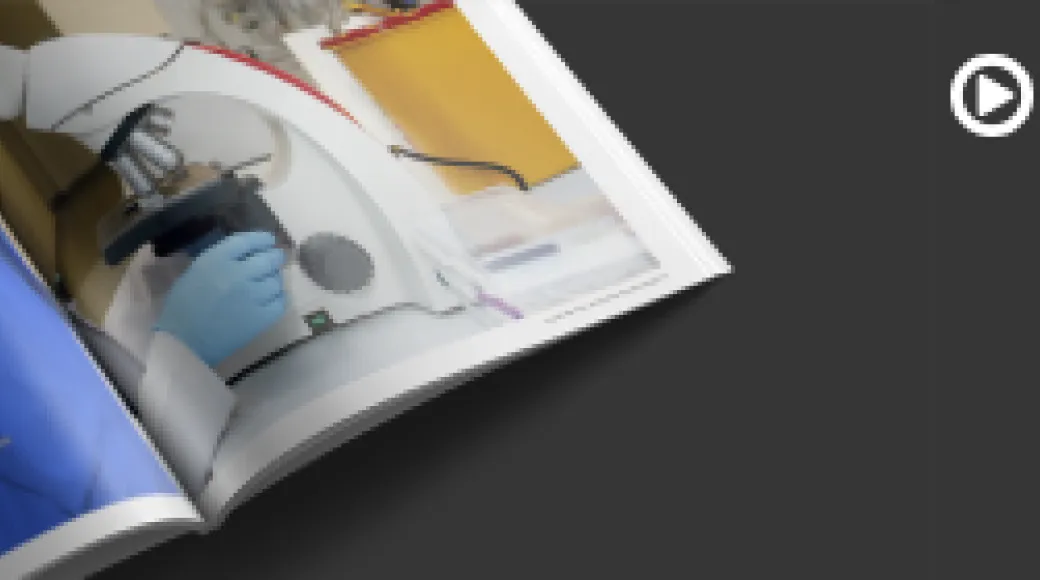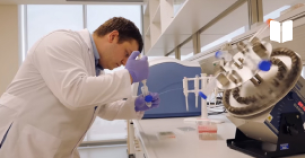
Dean - Prof. Dr. Nadi Bakırcı
At Acıbadem University School of Medicine, we began our educational journey in 2009 and celebrated our first graduates in 2015. Since then, we have graduated approximately 80 students each year.
We aim to train young people—who choose us from both Turkey and abroad to study medicine—as good physicians and scientists who can meet the primary health needs of society. With this goal in mind, we design our program and learning environments accordingly, and we run continuous evaluation and development processes. In addition to our internal evaluations, we place great importance on external assessments to maintain the high quality of our program. In this context, our educational program has completed its accreditation processes and has been accredited by the Association for Evaluation and Accreditation of Medical Education Programs (TEPDAD), which holds international authorization.
Wherever our graduates are, and whichever field they choose within the vast landscape of medicine, we expect them to possess the common foundation of knowledge, skills, and attitudes required to be both good physicians and good scientists.
We aim to have graduates who are socially and globally conscious, who act as advocates for health and take on responsibility in this regard; who think scientifically, uphold scientific knowledge, and use it for the benefit of society; who are curious, investigative, and motivated for lifelong learning and self-improvement; who use technology appropriately, prioritize patients and community needs, and are compassionate; who communicate effectively, work well in teams, and embody ethical values and human rights—universal physicians in every sense.
We have designed our program based on these competencies. We have integrated the knowledge and methods of basic, clinical, and social sciences.
The medical education program is structured into three phases: the first three years comprise an integrated curriculum of basic and clinical sciences, followed by two years of clinical clerkships and one year of internship. During the first three years, normal structure and function, pathological changes, and their relationship to diseases are addressed in an integrated manner. During this phase, we also offer a program we highly value—Clinical and Professional Skills Program (CMPS)—which covers research, the social aspects of medicine, communication, basic clinical practices, and medical ethics and professionalism. In addition, our students have the opportunity to take a wide range of elective courses and projects (EMED) that allow them to explore and develop in both the social and technical fields of medicine.
During clinical clerkships, students interact directly with patients in hospital settings and enhance their clinical knowledge and skills.
In the internship year, they engage in hands-on medical practice in both hospitals and primary care settings under the supervision of clinical instructors, applying the knowledge and skills they have acquired throughout their education in a comprehensive manner.
Throughout their education, students also participate in programs at the Clinical Simulation and Education Center (CASE), where they develop their clinical practice skills.
Acıbadem University School of Medicine continues to thrive as an institution that invests in science, encourages students to conduct research and produce knowledge, ensures active student involvement in program renewal, development, and decision-making processes, emphasizes community-based education alongside clinical clerkships, and strives to train universal physicians ready to advance in all fields of medicine, both nationally and internationally.
We take pride in the competencies and distinctiveness of our graduates in primary healthcare services and the specialty programs they join.



